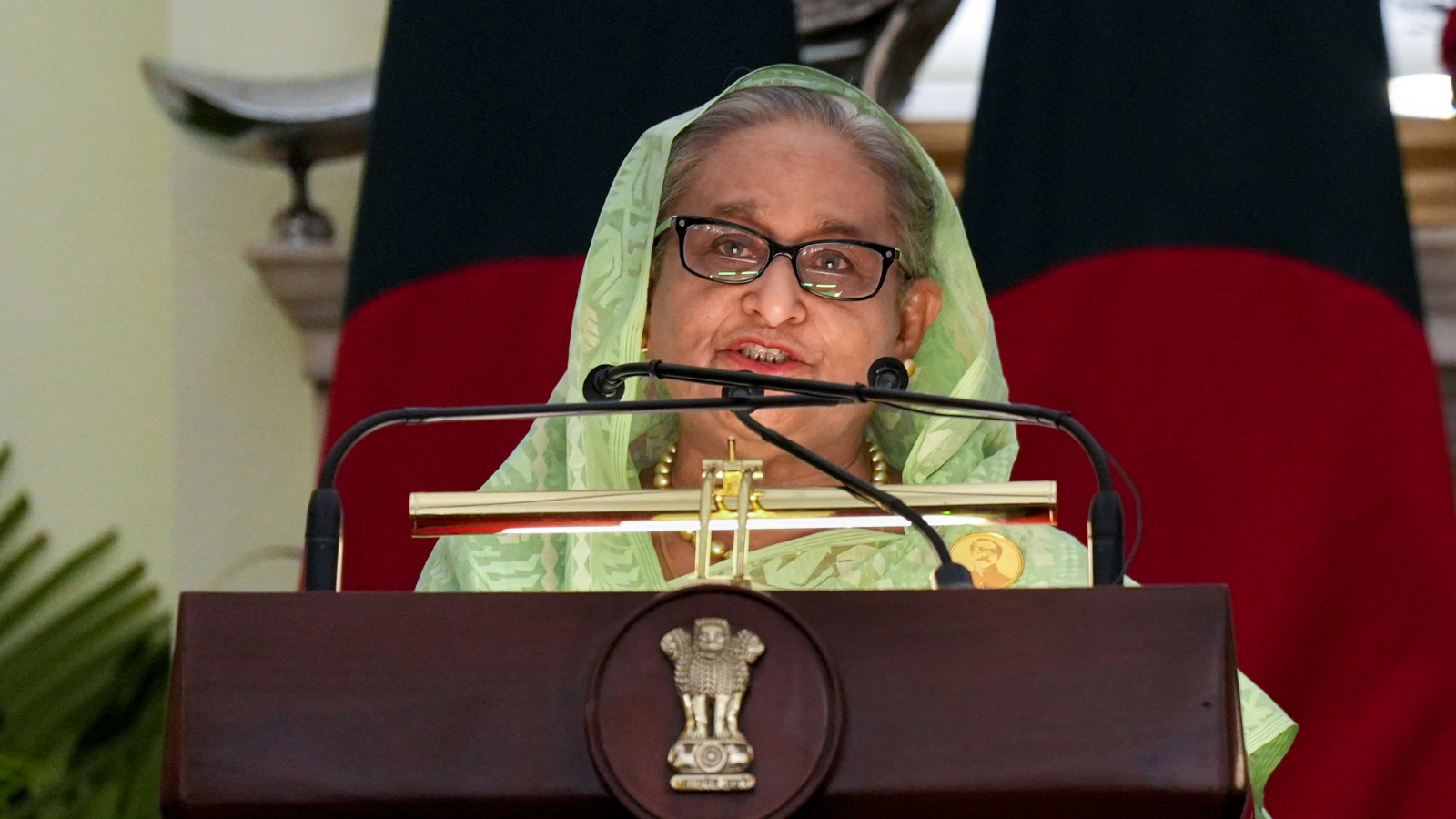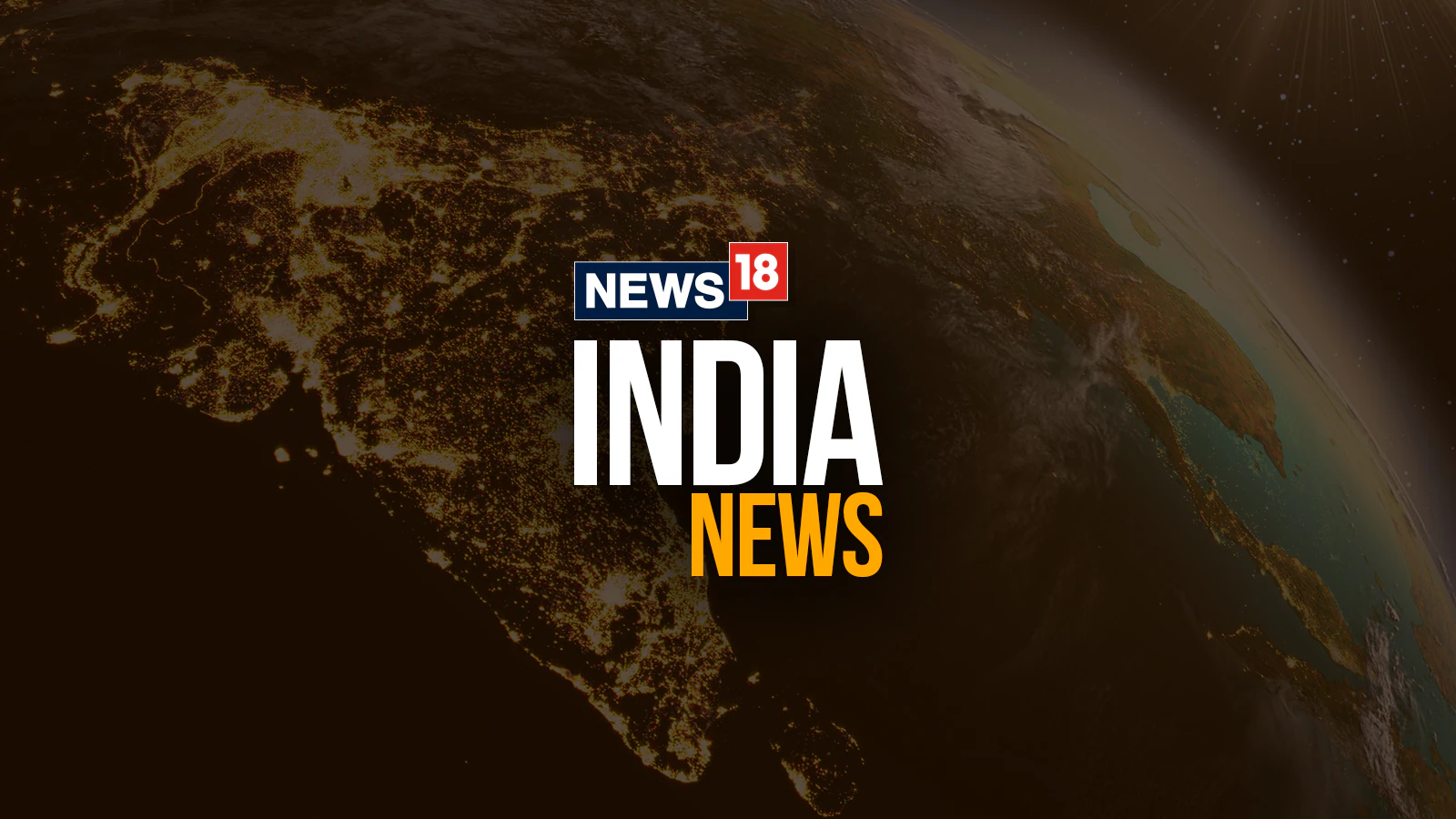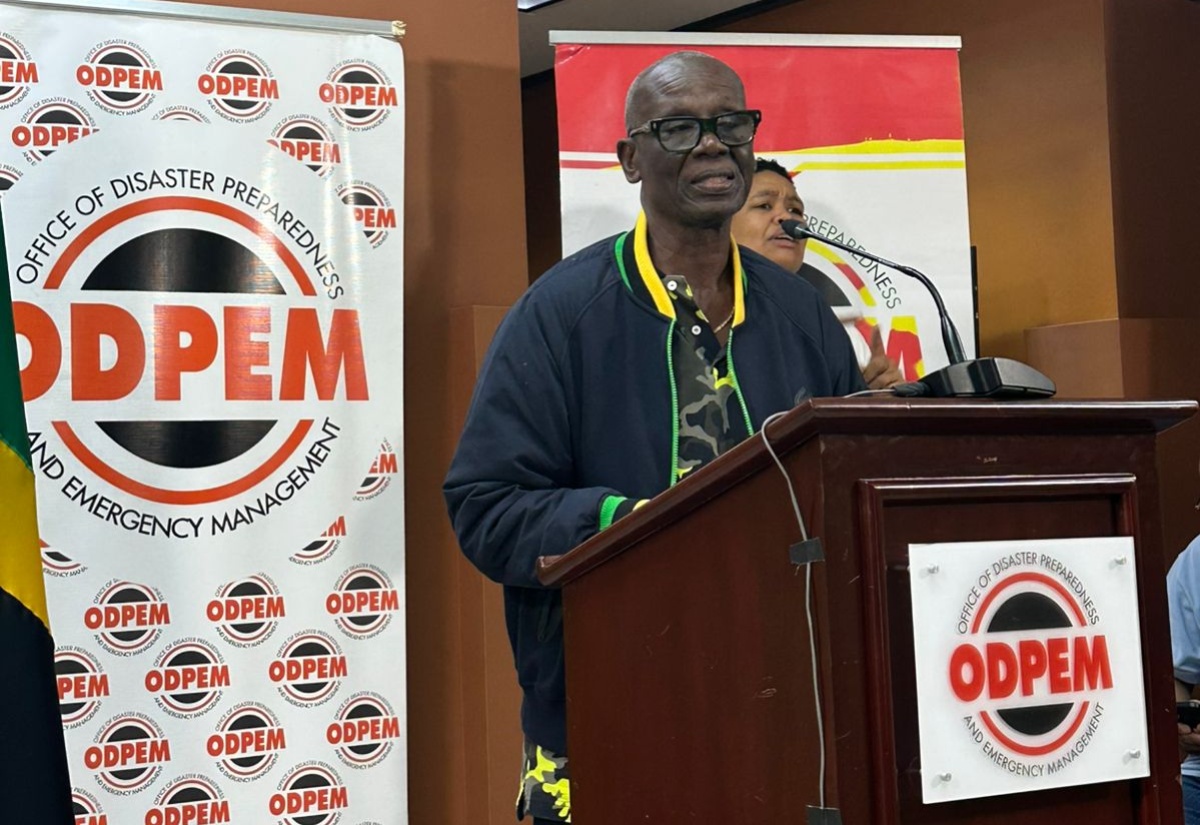Copyright news18

The cycle of time and karma has been rather short in Bangladesh lately. Not too long ago, the Bangladesh Nationalist Party (BNP) and Jamaat-e-Islami were bitterly complaining about then Prime Minister Sheikh Hasina leaving no political space for the Opposition, jailing dissenting leaders, rigging polls, and making elections a farcical exercise. The allegations stuck. Her government was overthrown in an extremely bloody regime-change operation on August 5, 2024. Today, the same allegations have come to haunt the Muhammad Yunus-led interim government. A despotic and blanket ban on the Awami League (AL) is looking increasingly vengeful, self-serving, and untenable on the part of Yunus and his backers — student leaders and Jamaat. If they go to elections as promised in February without AL, they would be no different than what they accused Hasina of being. To top it, the deposed PM has lashed out against the current government in an interview. “The ban on the Awami League is not only unjust, it is self-defeating,” Hasina said in emailed replies to Reuters. This was her first interview since the coup which ended her 15-year unbroken stint with power. “The next government must have electoral legitimacy. Millions of people support the Awami League, so as things stand, they will not vote. You cannot disenfranchise millions of people if you want a political system that works.” Bangladesh has over 126 million registered voters. If a large chunk of them do not vote or are denied their choice of party, it will render the country’s democracy illegitimate. Western powers like the US and the UK, as well as its most critical neighbour, India, have repeatedly urged Bangladesh to conduct free, fair, and ‘inclusive’ elections. Even the logic of keeping the Awami League out on the ground of violence Hasina allegedly unleashed against protesters does not wash anymore. The post-coup months under Yunus’s watch have seen wanton reprisal killings and murder of minorities. A United Nations report estimated that as many as 1,400 people may have been killed between July 15 and August 5, 2024, 12-13 per cent being children. But more than 500 people have been killed in violence against AL members, supporters, and minorities after the coup, if one collates figures from sources such as the interim government, Human Rights Support Society, and the UN. That leaves the current government and its associated parties with no moral right to single out and censor the Awami League. Traditional rival BNP has officially said it is fine with a ‘refined’ Awami League fighting the elections. Although it cannot be publicly seen pushing for AL’s participation, BNP leaders privately say that they want a weakened AL to contest because it would be ruinous if Jamaat even emerges as the second largest party. They fear that within five years, Jamaat may seize power and democracy may cease to exist. An Awami League without the Sheikh Hasina family is acceptable to the BNP. Observers say that even a curtailed, ‘refined’ AL led by a prominent non-family leader like Saber Hossain Chowdhury, MA Mannan, or Shirin Sharmin Chaudhury will have a 25-30 per cent voter base. Recent surveys have also shown an uptick in support for AL since 2024, while BNP has lost ground. Which is perhaps why Hasina, living in exile in India, still sounds confident and hopeful: “We are not asking Awami League voters to support other parties. We still hope common sense will prevail and we will be allowed to contest the election ourselves.” Abhijit Majumder is the author of the book, ‘India’s New Right’. Views expressed in the above piece are personal and solely those of the author. They do not necessarily reflect News18’s views



